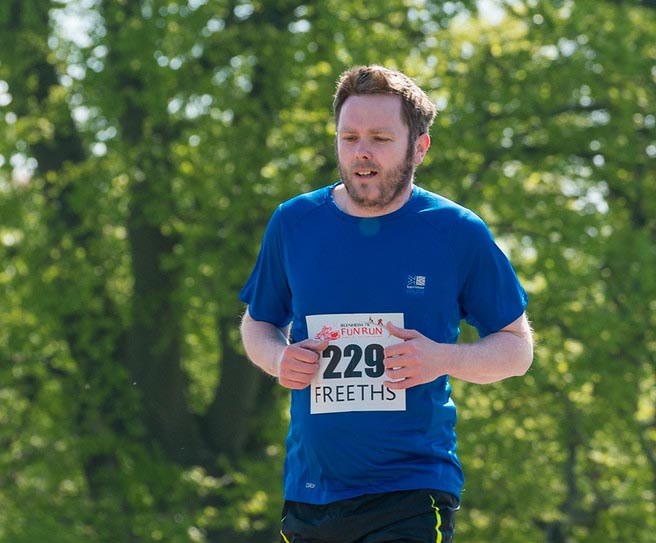I read a great article from Shari Eberts recently: Why Do People Assume Everyone With Hearing Loss Can Sign? It got me thinking about sign language, how we think about it today and how it could be so useful for a much wider audience.
In her article, Shari said that assistive listening devices, hearing loops and captioning are more useful tools for people struggling with hearing loss than sign language is. I agree that those are very useful for us, for example, I almost always use captions when watching TV and it helps a lot.
But couldn't sign language be a really useful tool for us too?
Right now sign language is used by a small percentage of the population, there are roughly 500,000 ASL users in the USA and around 150,000 BSL users in the UK. Compare that to the number of people who have some degree of hearing loss: 48 million in the US and 11 million in the UK. Probably not all of those have a loss bad enough to be affecting their daily lives, let's say there's 20 million in the USA and 5 million in the UK who have a problematic hearing loss.
People already use signs when they can't hear, even people with good hearing. If you see your friend further up the street, across a busy road you wave at them to let them know you see them - you don't scream at them, non-spoken works. There are plenty more examples where a hand signal is used to let someone know what you mean, many drivers adopt a well-known set when someone cuts them up on the road, non-spoken works.
I think those 25 million people struggling along at certain times with spoken communication would benefit hugely if they could drop some ASL or BSL into the conversation when needed. Not only would those people benefit, but all those currently using sign as their primary language would have a much larger pool of people to converse with.
Of course, it's not going to happen, but if we moved from relying mostly on the spoken word we'd ease communication problems for millions. People would have another easy option when they couldn't hear. If mass adoption of sign language was to happen people would have to learn it from an early age, probably as they learn to read and write at school - it would become a common thing and a default way to communicate.
I cannot doubt that language owes its origin to the imitation and modification, aided by signs and gestures, of various natural sounds, the voices of other animals, and man's own instinctive cries.
— Charles Darwin, 1871. The Descent of Man, and Selection in Relation to Sex
Our ancestors must have used signs and gestures before they learned to communicate with words. As we've evolved the spoken word has become dominant but we still do rely on signs and gestures probably more than we realise. Would be great if we could bring recognised non-spoken languages back into the everyday conversation.








